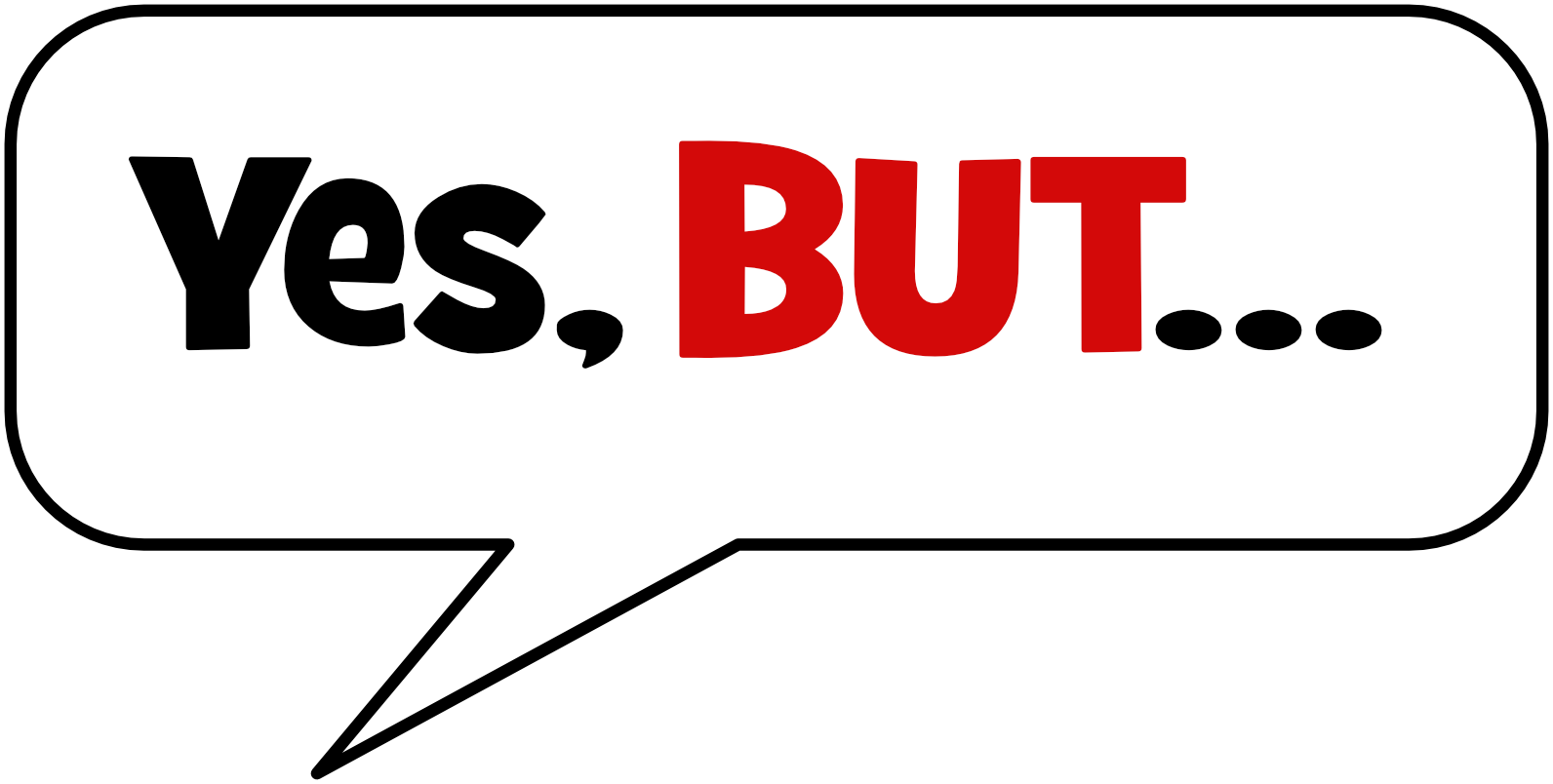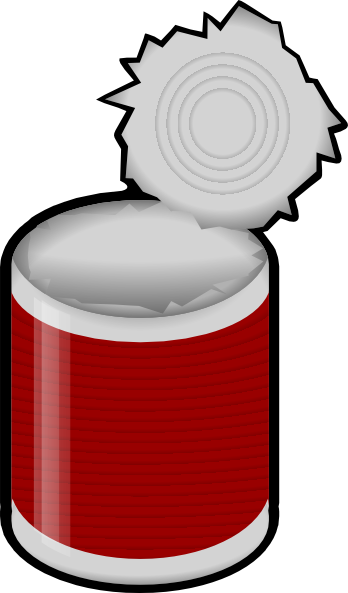Here I am again with yet one other post about another English quirk. I couldn't help but notice that English is quite a flexible language, indeed. Some of my students consider that native English-speakers won't make an effort to understand Spanish pronunciation, in other words, they are so lazy to try an understand foreigners. I always tell them that's not true and this is why I'm writing today's entry, to cast some light on this matter.
Well, this post intends to show you that English is so flexible that just by changing one simple vowel or sound, we have a very different word, especially in three-letter words.
Let's take the word 'pat' (gently tapping someone)

We change the <a> into <e>, and we have a very different word: pet
Vowel change, again, now, let's try with vowel <i>, shall we? Does it work? Yes, we got the word 'pit'

Amazing, isn't it? Is it possible to continue? Indeed,, if we change letter <i> into <o>, we have 'pot':

Last but not least, we can create a new word if we change the <o> into <u>, yeah, 'put':

Wow! By changing one vowel we can have five different words! Isn't is quirky? As you can see these words have completely different meanings!
Can we try these logic again? Of course we can!



Bat Bet Bit

Bot But
This process can be repeated again and again:



Bad Bed Bid


Bod Bud
We can make this go for ages :



Tan Ten Tin


Ton Tun
Wow! Can you keep imagining? Sometimes this, does work on the five vowels, but it works on four of them :
Pan pen pin pun
Hat hit hot hut
Sat set sit sot
Man men min mun
On top of this, this is not exclusive of three letter words :


Pack Peck Pick


Pock Puck

Fast Fest Fist
Consonants are not to be left out of the equation, though. In English by changing one simple consonant you can create tons of different words:
Imagine : bag bight bang bat
fag light fang cat
jag might gang fat
lag right hang hat
mag sight rang mat
nag tight sang pat
rag fight tang rat
tag sat
wag VAT
So, start thinking in English. Take a word and change its vowels or consonants to see what happens, experiment with the English language. To finish this post, I'll be sharing with you an example of the illogical English pronunciation.
See you around.

No comments:
Post a Comment